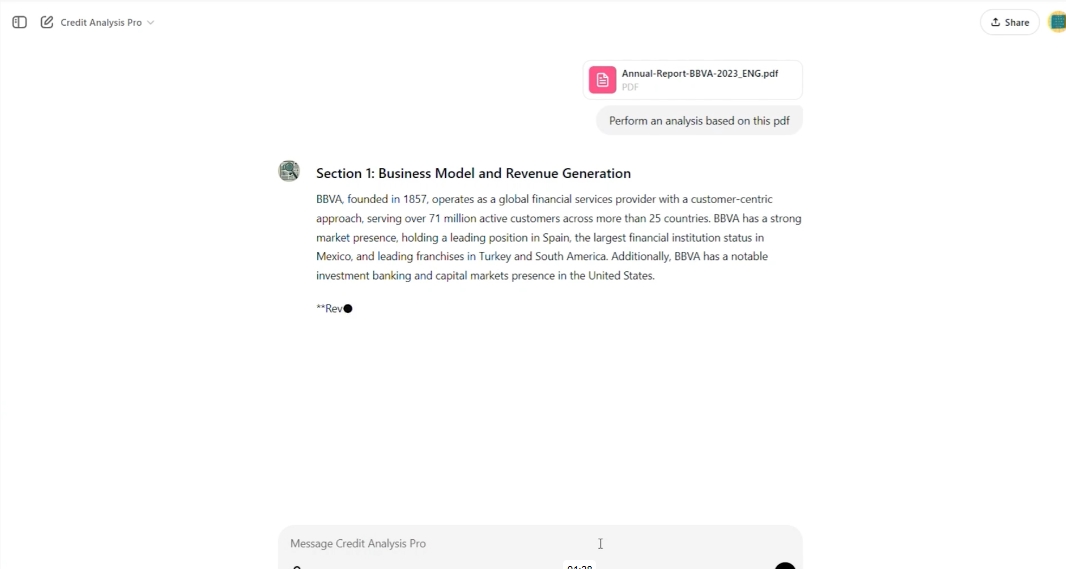Spanish bank BBVA successfully deployed ChatGPT Enterprise Edition globally and created more than 2,900 customized GPT applications in just five months, demonstrating its leading position in the field of AI applications. The editor of Downcodes will explain in detail how BBVA Bank applies ChatGPT efficiently and securely, as well as the significant benefits and future plans it brings.
Spanish BBVA Bank (Banco Bilbao Vizcaya Argentaria) recently announced that it has successfully deployed ChatGPT Enterprise Edition globally to improve employees' work efficiency and innovation capabilities. In just five months, the bank has created more than 2,900 customized GPT applications by working closely with legal, compliance and IT security teams to ensure the safe and responsible use of AI.

BBVA Bank has always been at the forefront of technological innovation, having introduced ATM deposits and an award-winning mobile app many years ago. Now, they hope to bring the power of AI to every employee through ChatGPT, so that they can develop solutions more easily. Elena Alfaro, head of global AI promotion at BBVA, said: “In businesses like ours, building prototypes often requires a lot of technical resources and time. With customized GPT, anyone can easily develop applications to Solve unique problems.”
Since the introduction of ChatGPT, employees from all departments have actively participated and developed customized GPTs that accelerate data analysis and content creation. For example, credit analysis expert GPT can help credit risk analysts quickly evaluate unstructured data such as company annual reports and environmental, social and governance (ESG) assessments, significantly saving analysis time. "By automating these tasks, we can focus more on strategic analysis and creativity," said Ignacio Sueiro, the bank's director of risk strategy.
In addition, BBVA has developed GPT, a retail banking legal assistant, to quickly answer 40,000 customer inquiries from branch managers every year, significantly improving the work efficiency of small legal teams. At the same time, the customer experience assistant GPT also helps banks better understand and meet customer needs by analyzing customer feedback.
In order to promote the widespread use of ChatGPT, BBVA adopted a democratized AI promotion strategy, issued licenses to 3,000 employees, and encouraged them to customize solutions according to their own needs. Alfaro emphasized: “Our strategy is to put people at the center of everything we do.”
BBVA has also established an internal GPT store, with approximately 700 GPTs currently available to employees. This not only promotes team collaboration but also inspires innovation. In the future, BBVA plans to further expand the application of ChatGPT and provide customers with more personalized and convenient services through multi-modal conversational AI.
The successful case of BBVA Bank provides valuable experience for other companies, demonstrates the huge potential of ChatGPT in improving corporate efficiency and innovation capabilities, and also indicates that the application of AI technology in the financial field will be more extensive and in-depth. The editor of Downcodes believes that in the future, more companies will learn from BBVA’s successful experience, embrace AI technology, and achieve business transformation and upgrading.